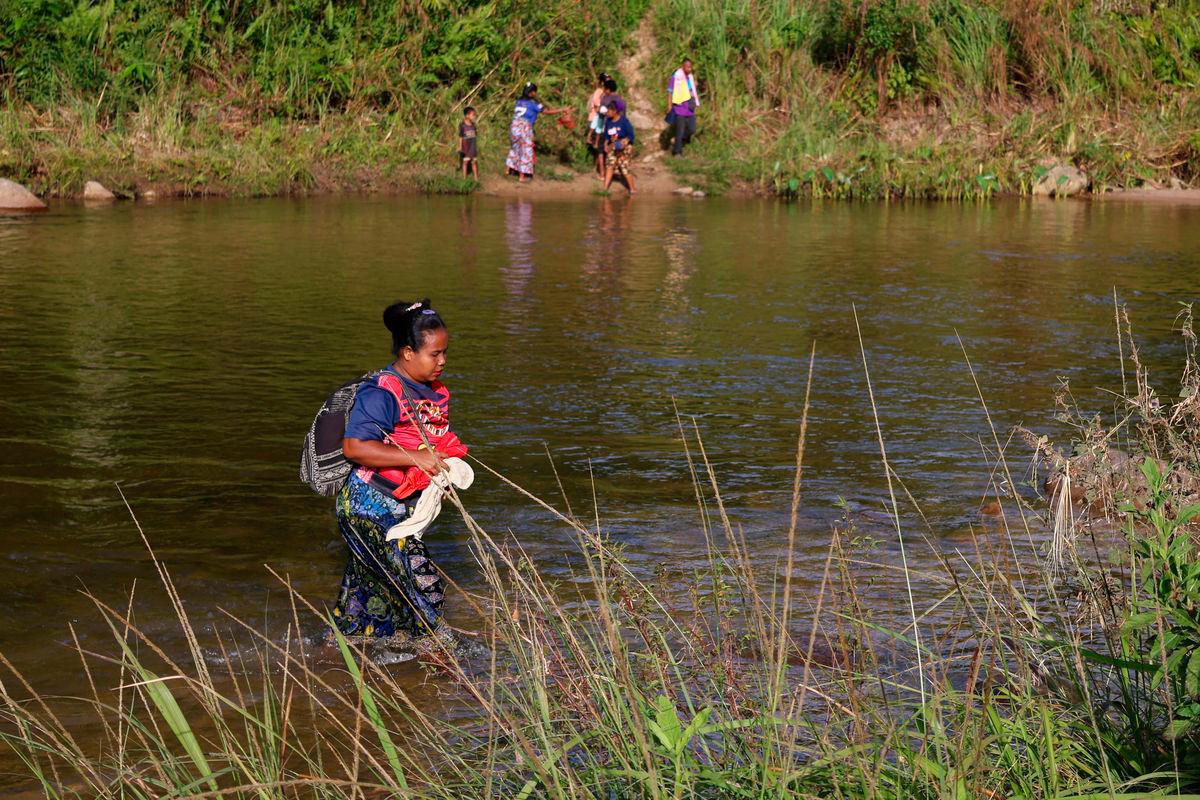PETALING JAYA: Orang Asli communities are inching forward to better development – roads are better, clinics more accessible and lights now illuminate deep into the interiors. Yet, stark inequalities remain, especially where the asphalt ends.
Universiti Malaysia Kelantan director Prof Dr Wan Ahmad Amir Zal Wan Ismail said true progress must go beyond tarred roads and solar lamps.
“Development means secure land rights, access to education and preservation of culture, not just better infrastructure,” said the Institute for Poverty Research and Management director, who recently spent two months visiting over 600 Orang Asli villages across Kelantan, Terengganu, Pahang and Perak.
He recounted how treacherous travel once was.
“In 2006, it took eight hours to reach Pos Kuala Mu, and up to 18 hours if it rained. My pickup even flipped once. Today, the roads are far better,” he told theSun.
He said electricity has reached almost all settlements, often through solar systems, but clean water remains a problem.
“Only villages near towns enjoy treated supply. Others still depend on hillside water or rain, with safety a real concern.”
Healthcare access also remains uneven. In well-connected areas, communities are serviced by modern clinics. However, in remote areas, traditional healing still thrives.
“Herbs and rituals, these are their identity. The challenge is to respect and preserve that knowledge.”
Wan Ahmad is currently working with the Health Ministry to document traditional practices and recognise credible healers.
He said beyond healthcare, policies for Orang Asli need a reset.
He added that while the Orang Asli Development Department has evolved from a welfare agency into a development body, “there’s still no clear vision of what the Orang Asli are meant to become within Malaysia’s national story”.
Wan Ahmad also pointed to budget limitations, youth disengagement and land insecurity under the Aboriginal Peoples Act 1954.
“Customary land rights remain unrecognised, unlike in Sabah and Sarawak. Even gazetted land means they are essentially tenants.”
He said the legal definition of “Orang Asli”, which includes outsiders adopted by the community, also requires review.
“Identity has grown more complex. Laws must catch up.”
He lauded the government move to amend the 71-year-old Act, which was last revised in 1967.
“The reforms must reflect modern realities – from land rights and cultural identity to the role of batin and panglima.
“The government is listening. I’m optimistic we’ll see meaningful reforms.”
Deputy Prime Minister Datuk Seri Dr Ahmad Zahid Hamidi had said the upcoming amendments would mirror the Maori model, extending beyond land rights to education, entrepreneurship and financing.
Wan Ahmad believes development must pair infrastructure with education and leadership.
“Many Orang Asli are naturally skilled builders. We should optimise on it through TVET. Modernisation should not mean assimilation. It should mean empowerment, without losing identity.”









